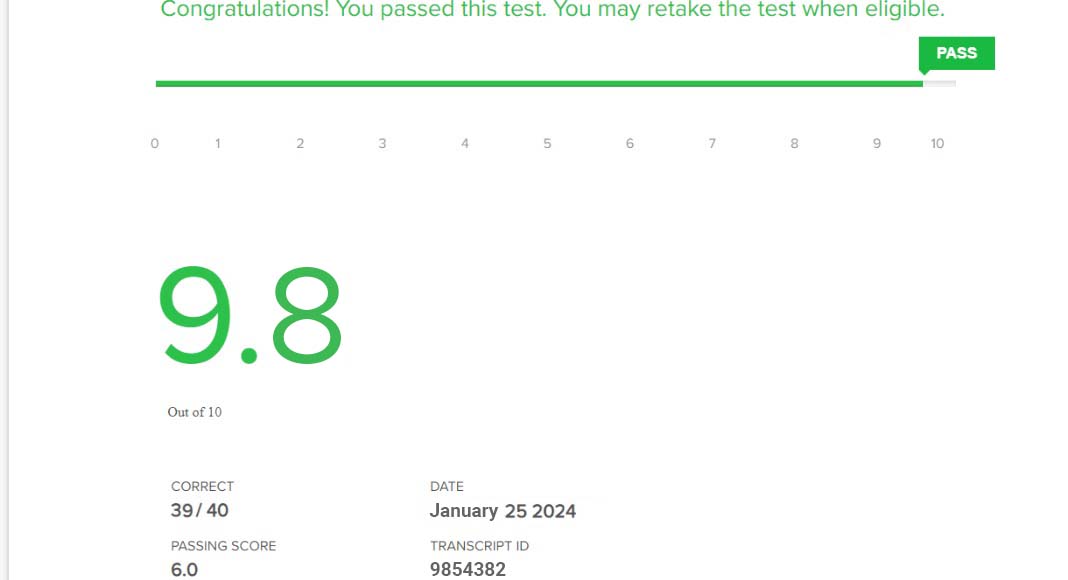That age-old question eternally lurking in coffee shops, parent-teacher meetings, and now on your screen: Just how much does education elevate intelligence?
Once upon a simpler time, people believed that intelligence was as fixed as the North Star. Glinting, immutable, unchangeable. But, oh, how times have shifted. Dive with me into this intricate tapestry, will you?
To start, what even is intelligence? Good question. There’s no solitary answer. It’s like asking someone to define love or humor. Everyone has their own take on it. But for our purpose, let’s tag it as the capacity to learn, reason, and solve problems. It’s more than just innate ability; it’s the aptitude to adapt and evolve.
How is IQ used in Education?
Education. A realm of enlightenment, knowledge, and growth. It’s where minds expand and horizons widen. IQ, on the other hand, can sometimes be a limiting number, even a cage. So, how do these two intertwine?
In many educational systems, the IQ test is a gatekeeper.
Schools. They might use IQ scores to determine placement in programs. Gifted and Talented? Special Education? Ah, labels that sometimes emerge from these numbers. It’s not just about being “smart” or “not smart.” It’s more complex. Schools wish to optimize the learning environment for every student. Hence, an IQ test can offer insights. But, does it always work? The waters get murky here.
You see, not everyone believes in the power of IQ in education. Some argue it’s reductionist. Life, after all, isn’t a straight line; neither is intelligence. Yet, we can’t ignore the trends. There are students who benefit from specialized environments. Is it because of IQ? Partly, yes.
Pause for a moment.
Think of IQ not as a determinant but a tool. One of many in the vast toolkit of education. Like any tool, it has its place, purpose, and limitations.
Variations. There are so many in the world of education. Learning styles, pedagogical techniques, curriculums. And in this mélange, where does IQ stand? It’s a bit like adding a pinch of salt to a gourmet dish. Necessary? Perhaps. The only ingredient? Definitely not.
In many modern pedagogies, the focus shifts. From IQ to EQ (Emotional Quotient), from rote learning to holistic understanding. It’s a dance of evolution, where every step, every pivot matters.
IQ in education. It’s a debate, a dialogue, an ongoing conversation. It’s not the end, but a chapter in the book of learning.
And as we stand at the crossroads of tradition and innovation, of numbers and narratives, we ought to remember: education is a journey, and IQ? Just one of the signposts along the way. Sometimes pointing forward, sometimes to a detour, but always, always a part of the landscape.
Does Education Increase Intelligence?
Think about a pristine canvas. Now, imagine painting it with the strokes of knowledge, experiences, and insights. Education, some argue, is akin to these brushstrokes. One might venture to say that as a sapling needs water to burgeon into a robust tree, so too does the human intellect need the nourishment of education.
Studies have indicated a link – yes. More schooling often results in better cognitive abilities. Yet, the nuances! Oh, they’re intricate. Does education truly augment one’s intelligence, or does it merely refine the skills that are already there? It’s a nuanced ballet of nature and nurture.
If you pluck a student from their local schooling environment and toss them into, say, a rigorous academic cauldron like the International Baccalaureate, would their intelligence skyrocket? Not necessarily. Why? Because it’s not about the content; it’s about the process. Learning how to think, not what to think.
Take Johnny. Average kid. Loves soccer and video games. Throw some algebra his way, and he might cringe. But! Give him a few months under the tutelage of Mrs. Perez, renowned for her eclectic teaching style, and bam! Johnny starts to see patterns, make connections, and apply logic in ways he’d never fathomed.
So, yes. Education can amplify intelligence. But it’s a waltz. Sometimes it’s two steps forward, one step back. It’s about engagement, challenge, curiosity, and the occasional stumble and fall.
Does IQ Increase with Age?
Age. The relentless march of time. Can one really become “smarter” as the years roll on? There’s a dichotomy here. As children, our brains are malleable, soaking up information like sponges. If you’re curious about your own cognitive abilities, you might consider taking an free online IQ test. Fluid intelligence, which involves problem-solving without relying on prior knowledge, might peak in the late teens or early twenties. And then? It potentially wanes. But crystallized intelligence – the kind rooted in facts and vocabulary – grows as we age, nurtured by life’s endless tapestry of experiences. Fascinating, isn’t it?
Do People with Higher IQs do Better in School?
A straight-A student. The valedictorian. Surely, they’re the ones with the highest IQs, right? Well… not always. Academic achievement is a mosaic of many tiles – motivation, discipline, and environment to name a few. IQ, while an influential piece, is just one tile amidst many. There are prodigies who may falter in traditional academic settings. There are others with average IQs who, through sheer determination, ascend to the pinnacle of academic excellence. The correlations exist, but the waters are muddied by myriad factors.












































